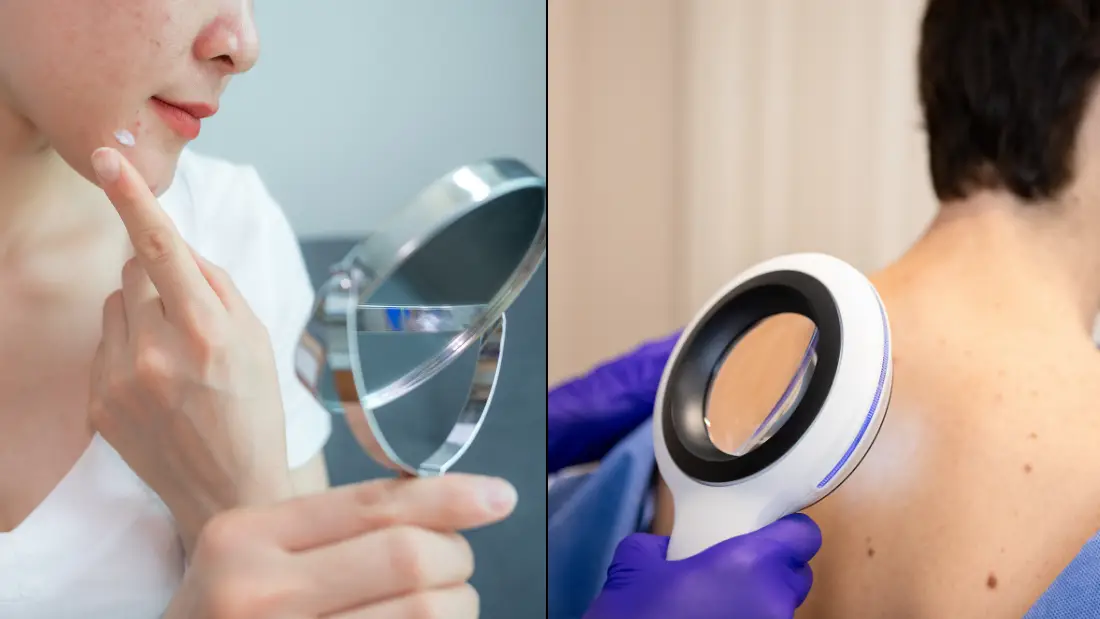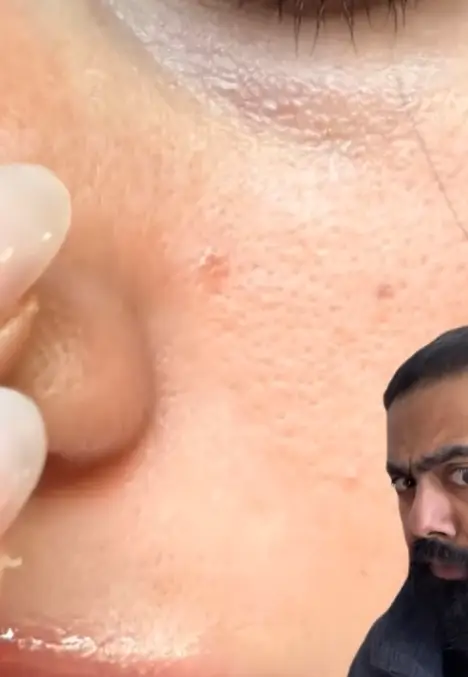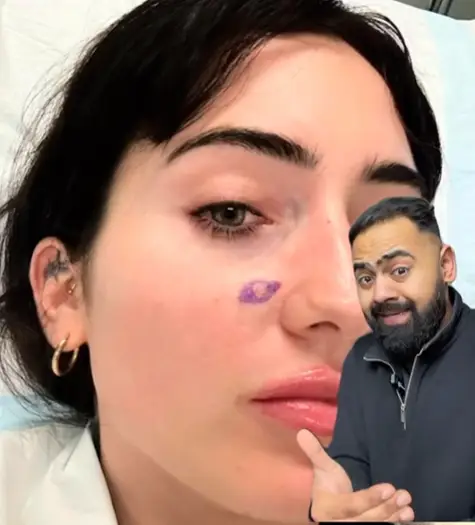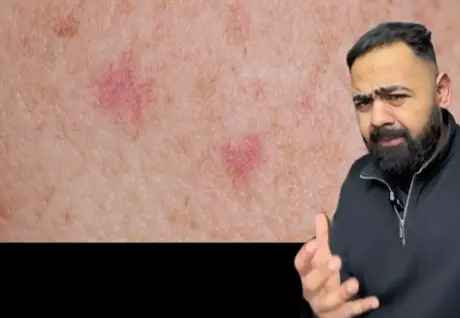
Now that the sun is shining, there is an under appreciated warning being given to the public who might be skipping out on their daily dose of SPF.
If you’re finding little spots and think there’s nothing to them, you don’t want to risk being wrong.
That’s because Dr Karan Rajan is reminding beachgoers that failing to put on your sun cream could increase your risk of getting skin cancer - and a seemingly innocent pimple is how it could start.

Advert
He explained through an Instagram video that if you have a persistent pimple that refuses to disappear, it’s time to go get it checked out.
In the clip, which shows a small spot on a woman's face, he said that a ‘pimple’ that doesn't disappear or heal is something that needs to be looked at by a professional.
That’s because it could be skin cancer.
While skin cancer spots can develop anywhere, it's more frequently found on areas of the body like the back, neck, shoulders, hands, legs, head, face, and ears.
In another picture on the video, it showed a similar spot which looks like a pimple but is actually a basal cell carcinoma (BCC), which is one of the most common forms of skin cancer.
He explained that they have ‘rolled pearly edges’ and you could see thinks like ulcerations or blood vessels within.
Even though they look like dry patches, they won’t go away with anti-fungal treatment or creams, which is how you know it’s something a little more serious.
Even though skin cancer is usually depicted as black or brown patches that change shape or colour, BCC are ‘slow growing’ and blend in with the skin around it.

Dr Rajan went on to point out what it would look like on darker skin and various different forms skin cancer can take.
Since posting, the video has gained tens of thousands of views, likes and comments thanks to him raising much-needed awareness on this topic and many viewers went on to comment their own experience with skin cancer.
One viewer commented: "I have had one of those on my nose for like five years." Meanwhile, another person mentioned their proactive approach, writing: "I get my skin checked every other year."

Another wrote: "This skin check is essential for maintaining healthy and glowing skin. Thank you for the reminder."
The NHS confirms that BCC and another non-melanoma skin cancer, squamous cell carcinoma (SCC), is common and although it’s usually treatable, is caused by excessive exposure to ultraviolet light which you can get from the sun or sun beds.
A key sign of non-melanoma skin cancer is the appearance of a lump or discoloured patch on the skin that persists.
Dr Rajan also talks about common myths with the body such as the link between sex and vaginal ‘loose-ness’ (not true) and healthy foods.
